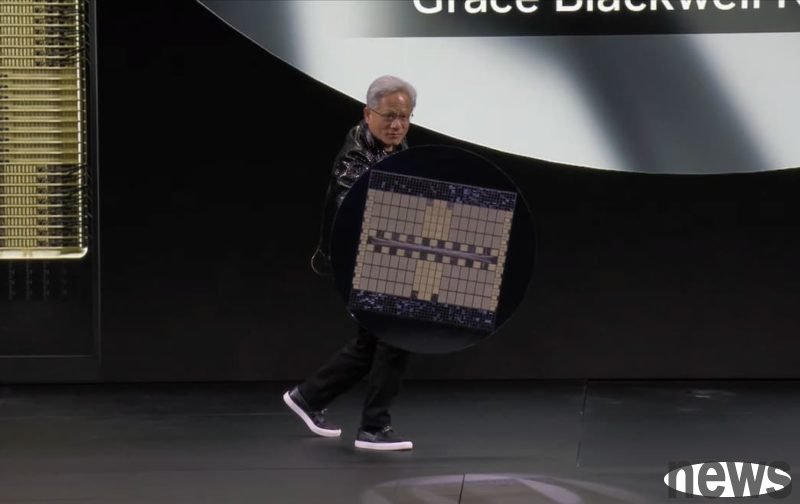The US Congress has studied legislation to strengthen the supply of GPUs to the domestic market and will be written into the national defense authorization law

According to foreign media reports, the US Academy of Participation is exploring legislation called the GAIN AI Act 2025, aiming to ensure that American customers, including new entrepreneurs and universities, can obtain the most powerful graphics processors (GPUs) produced by companies such as NVIDIA (Nvidia) and AMD, rather than exporting these key technologies to foreign markets such as China.
According to PC Magazine's report, this bill was originally proposed as an amendment to the National Defense Authorization Act 2026 and has been included in the latest draft of the National Defense Act and is currently being reviewed by the Court. The core goal of the bill is to provide shortage of advanced artificial intelligence chips, ensuring that American users do not have to wait for months to obtain the latest chips. The bill emphasizes that the demand for advanced artificial intelligence chips is far beyond the supply, resulting in Americans being forced to wait for months or even longer to obtain the latest chips.
The report pointed out that the GAIN AI Act clearly requires that the right-of-first-refusal be paid to the U.S. individuals and entities for the most powerful GPUs are required to prioritize NVIDIA and AMD to meet the needs of U.S. customers, followed by foreign buyers. In addition, the Act also states that NVIDIA and AMD may apply for export without any orders from the US market for the product, or comparable products, and shall not provide favorable pricing or terms to foreign buyers that exceed US customers.
It is worth noting that the current U.S. policy has banned NVIDIA from shipping its most powerful consumer GPUs, including the RTX 4090 and RTX 5090, to China. However, NVIDIA has previously obtained permission from the Trump administration to sell a less efficient H20 enterprise GPU to the Chinese market, subject to 15% of its sales revenue to the U.S. government. In addition, President Trump also hinted at that time that he might allow NVIDIA to export a downgraded version of its Blackwell architecture to China. In this regard, the GAIN AI Act may block such exports and other game cards. The bill calls for restrictions on the export of less efficient AI chips to foreign countries in the country, as long as the U.S. market is still waiting and cannot obtain similar chips.
For this bill, the Americans for Responsible Innovation expressed high support for this bill, calling it a huge victory for the U.S. technology industry, provided that the bill can remain in the National Defense Authorization Act. Brad Carson, chairman of the group, stressed that supply of these chips worldwide should be limited, because every advanced chip sold to foreign countries means that the United States has one less chip used to accelerate U.S. research and development and economic growth. He also stressed that incorporating the GAIN AI Act into the National Defense Authorization Act would be a major benefit for U.S. economic competition and national security in our efforts to lead this military-civilian two-use technology.
Although NVIDIA and AMD have not immediately commented on the bill, NVIDIA said in a recent financial conference that the company has not shipped any H20 GPUs to China due to ground politics issues between the U.S. and Chinese governments. At the same time, NVIDIA also clarified on social media that the statement that H20 reduces our H100/H200 or Blackwell is completely wrong, that is, selling H20 has no impact on our ability to supply other NVIDIA products. Therefore, with the continuous promotion of the National Defense Authorization Act in the Court of Participants, the future direction of legislation that ensures the leading position of the United States in the field of AI chips will attract close attention from all walks of life.




